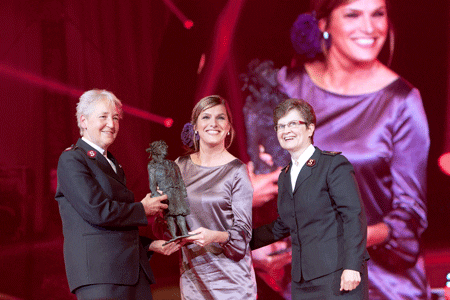Self-consistency
by Robert Docter –
It’s really stressful to see Joe Doaks coming down the street and have to wonder which Joe Doaks am I going to meet today.
We expect the people in our life to have a large measure of consistency.
I’m big on consistency.
I guess there’s no way around it. There’s just no way I can ever help being just plain me.
I suspect some people feel good about that. They hang around. And then, of course, some have prayed long and hard that some kind of “change” would occur. Part of me wants to say: “Nope – hasn’t happened – won’t happen,” but then I recognize the inaccuracy of that conclusion forced upon me by my ego.
I suspect I do have a strong ego – a word borrowed from Freud. I don’t mind admitting that — but I also suspect I have a powerful id – a significant skill in procrastination, and a monumental drive for pleasure. I get a lot of comment about all of this from my super ego – my conscience. On occasion he gets his kicks out of kicking me. My ego, however, struggles valiantly to keep both in check.
I am neither slovenly nor a perfectionist.
I suspect many of you have some kind of label for people like me. I want you to know I’m aware of all of them and have successfully excluded most of them from my ‘self-image drawer’.
Those around who have learned to tolerate that person who is ‘me’ and maybe even enjoy ‘me’, have, I hope, usually seen in me a satisfactory model. I know I’ve learned from those of you with that level of generosity as I continue to strive to achieve a measure of fulfillment in life’s joyous journey.
No matter how you label me, I couldn’t have become the person I am without significant contributions by all of you. Thank you for your cautions and courage, your willingness and warnings, your concerns and caring. My best choice was Diane – among the most consistent people in the entire world. What you see is what you get.
In life, the major contributors to the construction of self have come from the modeling evident within the parental relationship. Those lessons last a lifetime. As we grow older, our relationships expand, and we choose additional contributors.
We learn to behave similarly to those around us – to adopt the ethic they teach and live, to embrace their language and communication strategies, to immerse ourselves within their belief systems and value choices, to differentiate the size and width of our boundaries with the external world, and to determine which boundaries to construct as permeable and porous and which to strengthen and secure. Here we learn how to determine ways to achieve need satisfaction, how and when to express affection, how we can and should become our own independent self, how to achieve power in our life through the assembly of choices, how to deal with significant achievements, and how to achieve appropriate humility.
We assume that the people in our life will reflect a personal consistency that allows us to predict their behavior in relation to particular interactions. This allows us much less stress and anxiety as we relate to them. We know what works and what doesn’t. When people switch roles and become inconsistent we are suddenly alarmed, distracted and unable to relate. This situation is somewhat evident when a peer is promoted and becomes a supervisor. The nature of the relationship changes, and the predictability of behavior disappears.
Equally important is the discovery of certain patterns of consistency in our own behavior. As we interact in our environment we receive feedback from others as well as feedback from our own self-talk. We continue to answer some of the critical questions in the construction of self. “Who am I?” “How should I behave?”
Our stress levels rise and our anxiety increases if we discover our own personality to be shifting. Don Hamachek writes in a wonderful little book titled Encounters with the Self: Being able to predict one’s self with reasonable accuracy is comforting. We are freed from unnecessary worry and concern about how we might behave in a given situation. “It is when we can’t predict how we might behave or what we might say or be that we are most anxious.”
We maintain own consistency as we conceptualize – label ourselves as having certain characteristics, competencies, values, attitudes, beliefs, acceptable behaviors (etc.). These concepts become shorthand reminders or patterns about the kind of person we perceive ourselves to be. We keep these patterns in mind through our self-talk – that voice of warning or encouragement or demand or excuse or blame echoing through the landscape of our brain. “We will act like the sort of individual he or she conceives themselves to be.” (Hamachek)












